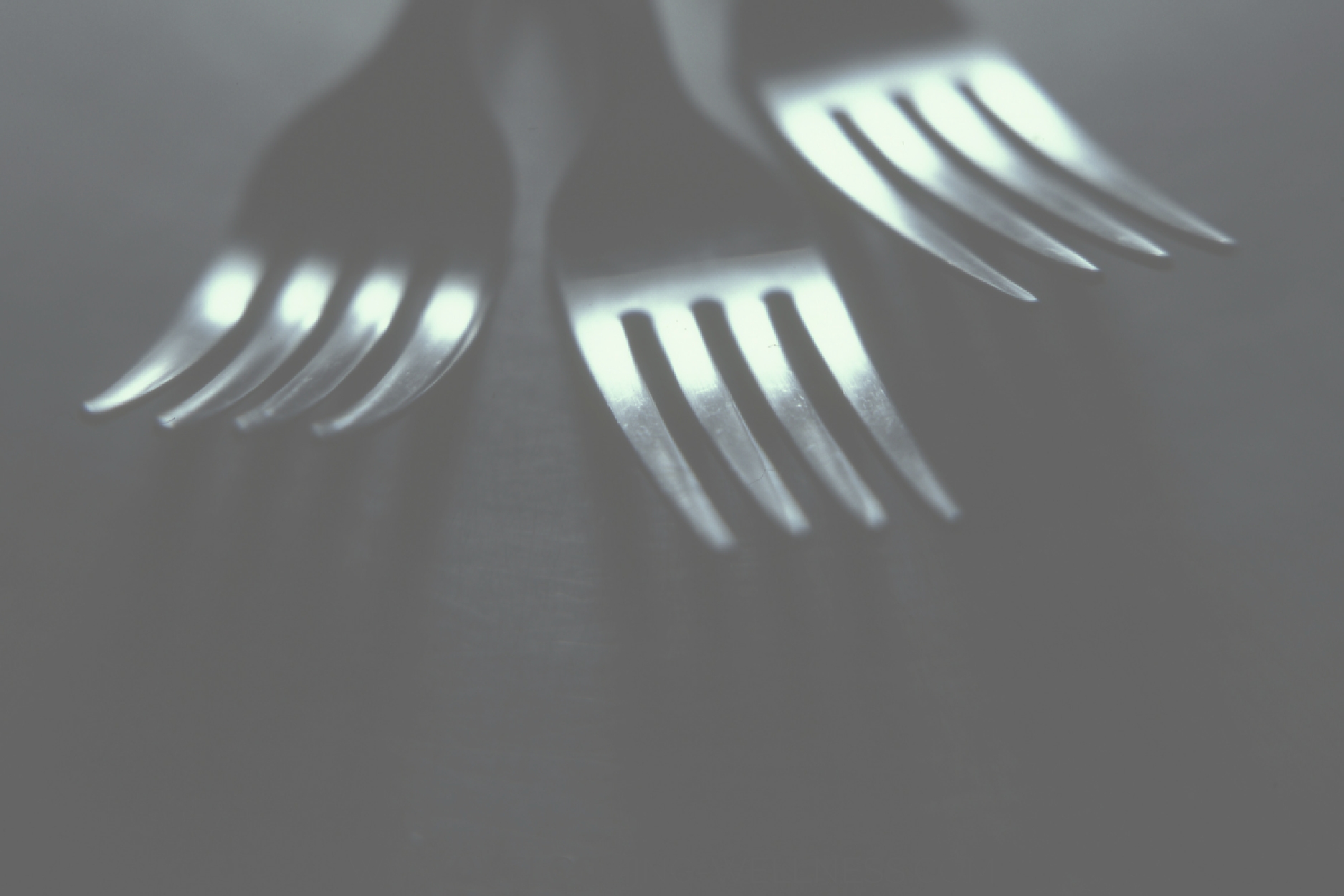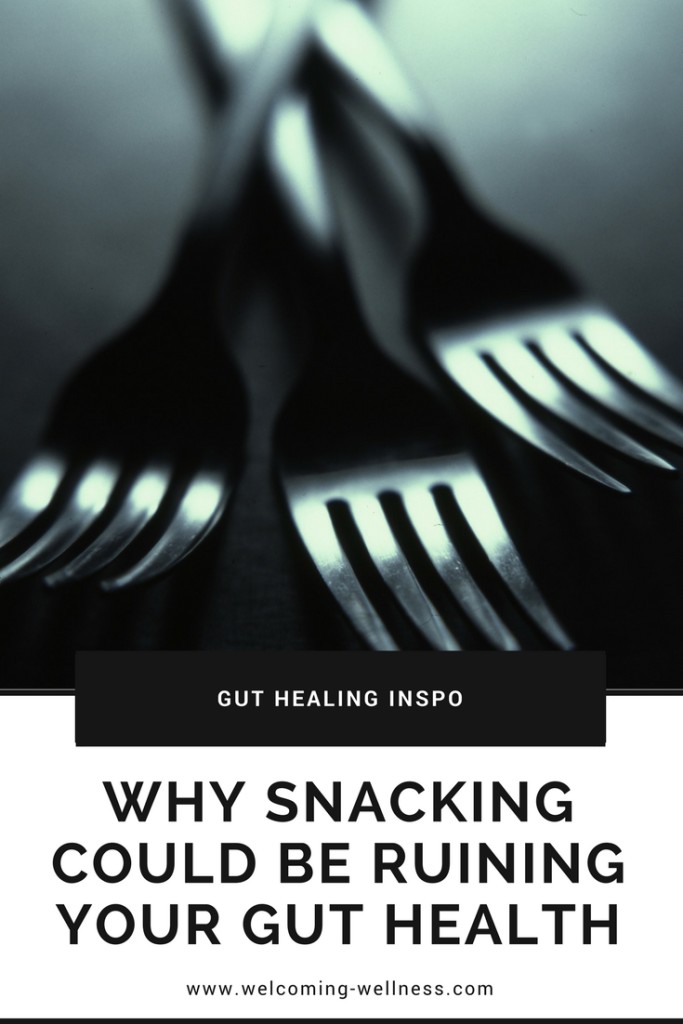24 Oct Is Snacking Ruining Your Gut Health?
To snack or not to snack, is the question. Could any food in between meals really be a contributing factor to your gut health journey?
You know you are obsessed with food when you get anxiety when you don’t have enough snacks close by, know what I’m sayin? I used to pack so many goodies into my lunch bag for work to snack on ALL day. Can you relate? Of course you can, you are totally thinking about snacks now aren’t you?
I believe it is called food anxiety… anxiety when there is NO food available.
If you are someone who likes to be super organised so you are eating healthy that’s amazing, you are setting yourself up for success, rock on. I am definitely one that like’s to be organised so I ALWAYS have healthy food available (especially living with food allergies you kinda gotta be organised).
HOWEVER…
If you are struggling with gut related issues such as acne, anxiety, mood swings, hormonal issues bloating, gas etc listen up. Fixing your gut health back to a more healthful state requires some work. One snippet of info I found to be interesting (and beneficial) is that constantly eating is not always the best practice for good gut health. Before the anxiety starts bubbling up, let me explain what I mean by this.
When you snack you are constantly filling your guts with food and you are not allowing time for healing. Digestion is a very complex process and requires a lot of energy and a lot of perfectly timed signals. Constantly snacking and eating can muck up the correct signalling.
This is super important if you are having troubles with gut related issues such as acne, eczema, depression, anxiety, infertility, food intolerances, autoimmune issues, rashes, brain fog, stress management, weight management you name it… it’s related.
Digestion is one of the most taxing and energy depleting processes so when we are constantly eating we don’t have time to heal.
2 really helpful gut healthy habits to adopt.
- Intermittent fasting. Fasting allows your gut to have time to heal without food passing through constantly. A lot of people struggling with gut issues have poor transit time so going without food can allow you to not get so “clogged up”. Fasting can be done twice a week for beginners and can also be done daily by moving breakfast to about 10 or 11am instead of first thing when you wake up. Fasting is amazing for many other things like weight loss and controlling blood sugar however for the purpose of this post, we want to dial into what can be beneficial for your gut health and healing. Most women are suited to a 12-14 hr fast and men 15-18 hr have been studied as being the “sweet spot” as recommended by Brad Pilon (Fasting expert and author) but play around with what works for you. Personally I can comfortably go 17-18hrs. This won’t be possible for everyone and definitely something you have to work your way into.
- Stop snacking. Yep, I said it. I can immediately feel the rath of 1000 people as I write this, but hear me out. When you are not digesting you give your body the ability to digest the food from your last meal, to let you extract all the goodness. For me, not snacking gives me better mental clarity because my body is not putting all its focus into digestion. But that is not all… when you are eating you don’t allow for the really important clean up that happens after digestion is finished. approx 1 hr after eating your digestion undergoes a cleanup call Migrating Motor Complex and THIS is the point I am getting too and one of the main reasons snacking can hinder your healing.
Now for someone who has food anxiety, this can sound kinda scary but let me explain the reason behind my madness and why I am saying going for periods without food might be the best thing you can add to your diet. Or, um… not.
Let me introduce you to your new friend MMC (or commonly referred to as the Migrating Motor Complex).
MMC is your digestions best friend because it is a fancy term for the sweep of peristaltic contractions that sweep your digestive tract all the way from your stomach to your intestines after a meal. This sweeping motion is integral for clearing out all the undigested food that remain in the digestive tract. The benefits of this MMC process is that when you have undigested food sitting in your guts for too long it can ferment and fester causing constipation, gas, bloating and also can throw off the balance of good vs bad gut bacteria. When you have a larger number of undesirable bacteria that can cause a whole host of health issues. It’s such a simple yet super important process that needs to take place however when you are constantly snacking all day it most likely is not occurring in your body as it should.
There are a few really important takeaways for this to benefit you and your gut health. The first being there are a few things that can prevent MMC from occurring. Stress and anxiety can prevent you from the all important cleanup because it is technically a process of digestion. Your nervous system has 2 states… rest and digest or fight and flight, it’s that simple. What this means is digestion is one of the most energy taxing processes that happens within your body and for normal/proper digestion to occur you can’t happen properly in a hyper stressed state (fight or flight) because it will override digestion to take care of more important “things” like the stressors present. The same goes for the MMC, it is still part of digestion so can easily be skipped or forgotten because of stress or anxiety after eating. Another really important part of MMC is the fact that your gastric juices continue to be secreted to assist with the MMC process and they are really important for signalling the phases of the MMC (in which there are actually 3 phases). These gastric juices are really important for not only the clean up but for keeping bacterial overgrowth at bay and the latter protects your gut health.
MMC starts at about 1 hr after a meal or snack and lasts for 3 hours, BUT will stop if you continue to eat. For most people who continually eat all day the only time a full MMC gets to take place if at night. So hopefully you can see where I am coming from when I say STOP SNACKING!! It was honestly really difficult to do for me as I was a grazer however I can happily just have a nice 3 meals per day and occasionally enjoy a snack every once in a while.
So the question you need to ask yourself if how important is it that you fix your gut health issues? If its a 7-10 on a 1-10 scale… you gotta stop snacking, your body and gut health will thank you for it.
Be sure to stay up to date with everything gut lovin, sign up to our tribe for sporadic inspiration, recipes, blogs and Kitchen Talk episodes. Plus when you sign up you will unlock my free resources which will give you tools to transform your health. These resources include e-book “learn how to love your guts + transform your health” a complementary workbook, a pantry swap guide to help you ditch all the crappy unhealthy foods hiding in your pantry and diet, our lifestyle by design guide to help you overhaul some bad lifestyle habits affecting your gut and last but not least… a tutorial on how to make gelatin gut lovin gummie snacks.









Glenn Hansen
Posted at 11:18h, 04 JulyHi Sarah. Great article. Can you provide some references to professional literature documenting the points you made?
Sarah - Welcoming Wellness
Posted at 23:05h, 05 JulyHi Glenn, i really try to simplify all the scientific jargon into easy to digest info… glad you found it helpful. Its well known that intermittent fasting, full fasts and time restricted feeding are very regenerating on the digestive tract due to the absence food. However the MMC is not widely talked about, this is a great (and complex) paper I found fascinating. Especially towards the end of the paper (before the conclusion, regarding stress, bacterial overgrowth etc). Grab a cuppa and have a read 🙂 https://www.ncbi.nlm.nih.gov/pmc/articles/PMC3400812/
Alycia Macqueen
Posted at 01:24h, 08 NovemberHi Sarah, how can I improve my digestion? How do I improve the regularity of my bowel movements? Are you suggesting if you have any gut problems you should not snack?
Sarah - Welcoming Wellness
Posted at 02:41h, 10 NovemberHi Alycia, there are heaps of components to improve digestion so its hard to give you one magic cure-all. Firstly making sure you are eating good food (unprocessed + real) is a good start and making sure you are getting enough fiber (from vegetables not grains) and not eating junk. Secondly hen the stress component is huge for slowing digestion… being relaxed and ready to digest. Thirdly yes snacking can hinder digestion, i mention this with the main focus on healing a leaky gut… allowing time for your gut to heal, not necessarily for improving digestion. But everyone is different so there is no one size fits all approach.
Hansen
Posted at 01:09h, 04 OctoberThank you!